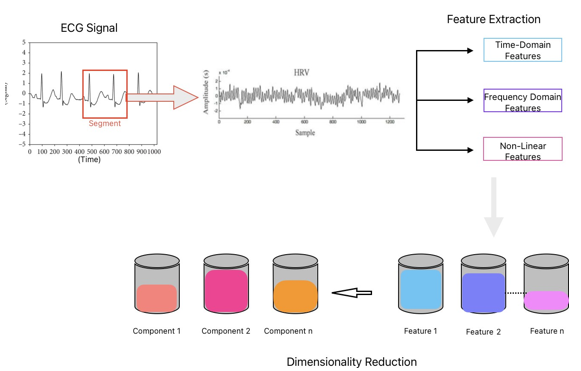Sleep Apnea Detection
Main Article Content
Abstract
Sleep apnea is one of the most common sleep disorders, posing a significant health risk. The proposed paper provides a prospective technique by applying machine learning to enable the early prediction of sleep apnea. Two methodologies were used for this study: Firstly, the hybrid model was used in analyzing the electrocardiogram records by combining VGG16 and Long Short-Term Memory (LSTM) networks for the extraction of meaningful features from the ECG signals for modeling the process of aiding detection. Second, lifestyle patterns were assessed in their relationship with the disorder. Many lifestyle factors were analyzed in search of critical indicators that may, at an early age, indicate the onset of the case of sleep apnea. The fusion of deep learning methods and analysis of lifestyle patterns offers a comprehensive framework for the solution to the complexity of sleep apnea detection. More exactly, this kind of interdisciplinary approach should permit improvement in effectiveness and accuracy for early diagnosis, therefore enabling timely intervention and treatment of that effect. Proposed here is an innovative methodology that could lead to better management and recovery of the affected.
Downloads
Article Details

This work is licensed under a Creative Commons Attribution 4.0 International License.





